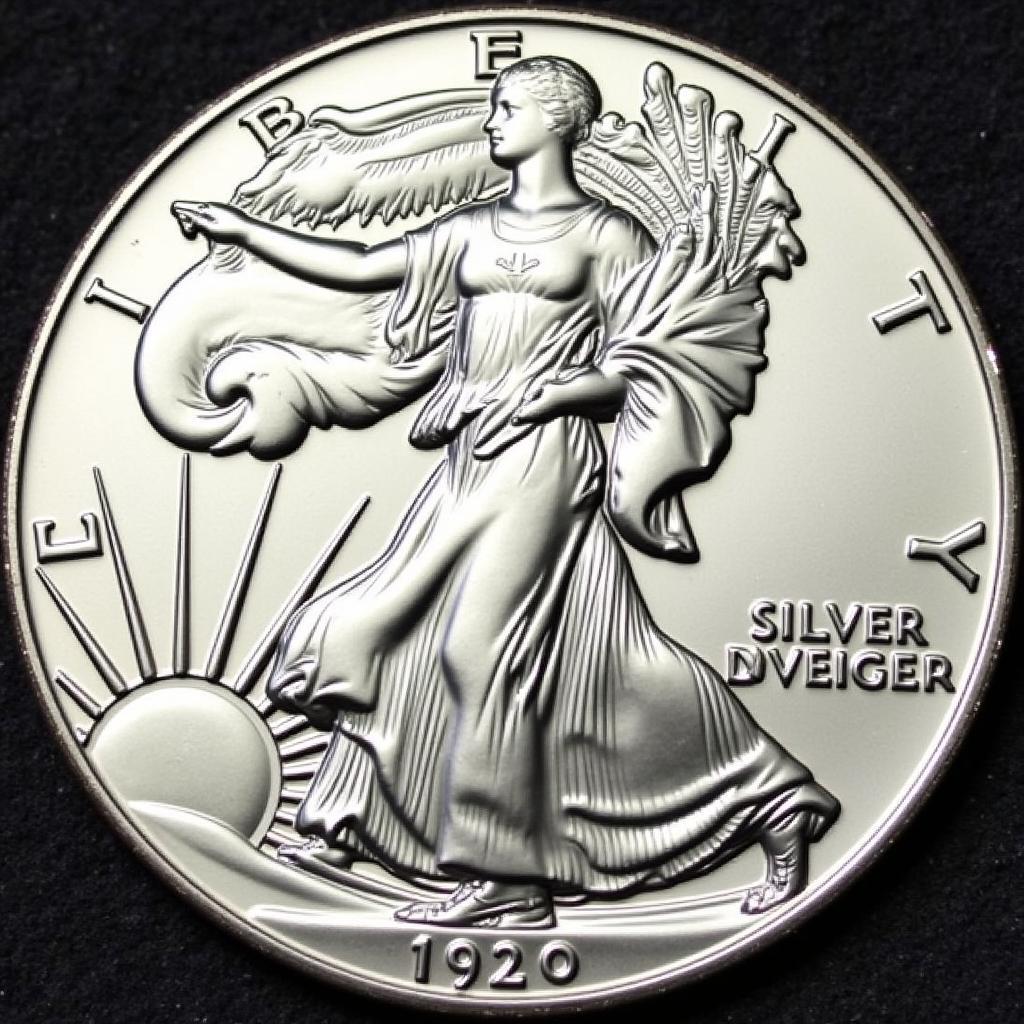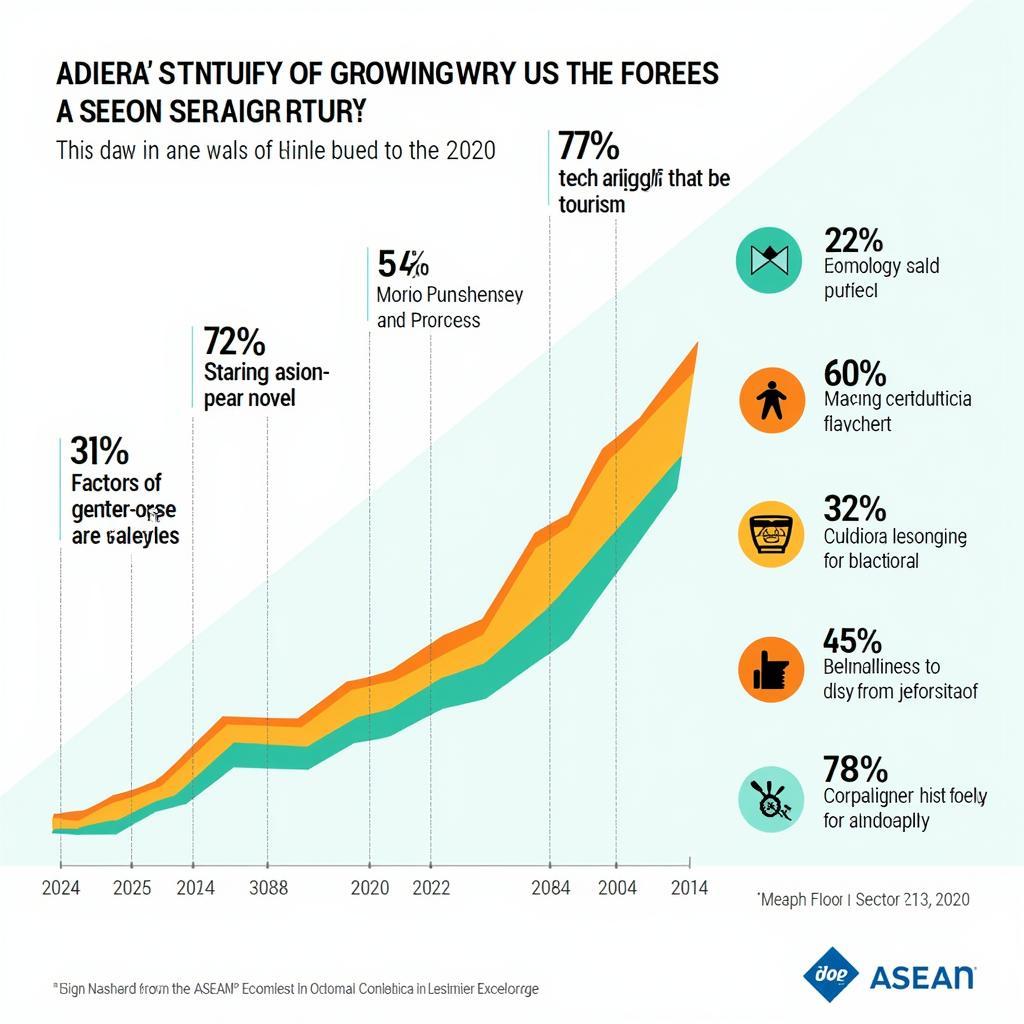ASEAN, APEC, and WTO are key players in the global trade landscape. Understanding their roles and interconnectedness is crucial for businesses and individuals operating within the Southeast Asian region and beyond. This article delves into the distinct functions of each organization, explores their overlapping memberships, and analyzes how they collectively shape international trade policies and practices.
ASEAN, the Association of Southeast Asian Nations, focuses on regional economic integration within Southeast Asia. APEC, the Asia-Pacific Economic Cooperation, promotes free trade and economic cooperation throughout the Asia-Pacific region. The WTO, or World Trade Organization, sets the rules for global trade among its member nations. These three organizations, while distinct in their scope, often intersect, creating a complex web of trade agreements and regulations.
ASEAN’s Role in Global Trade
ASEAN plays a vital role in facilitating trade within Southeast Asia. By reducing tariffs and promoting economic cooperation amongst its member states, ASEAN creates a more integrated and dynamic regional market. This not only benefits businesses within the region but also attracts foreign investment and stimulates economic growth.
- Promotes regional economic integration
- Reduces tariffs and trade barriers
- Facilitates cross-border trade and investment
ASEAN and the WTO: A Synergistic Relationship
While ASEAN focuses on regional integration, it also actively engages with the WTO to ensure its trade policies align with global standards. This synergistic relationship benefits both ASEAN members and the broader international trading community.
- Harmonization of trade regulations
- Increased market access for ASEAN goods
- Enhanced participation in global trade negotiations
APEC’s Contribution to Free Trade
APEC’s primary focus is on promoting free trade and economic cooperation within the Asia-Pacific region. By fostering dialogue and collaboration among its members, APEC works to reduce trade barriers and streamline customs procedures, thereby stimulating economic activity and enhancing regional prosperity.
- Facilitates free trade and investment
- Promotes economic and technical cooperation
- Strengthens regional economic ties
APEC and the WTO: Complementary Roles
APEC and the WTO often work in tandem to advance global trade liberalization. APEC serves as a platform for dialogue and consensus-building among its members, which can then be translated into concrete actions within the WTO framework.
- Alignment with WTO principles
- Advancement of trade liberalization efforts
- Strengthening of the multilateral trading system
The WTO: The Arbiter of Global Trade
The WTO acts as the governing body for international trade, setting the rules and regulations that govern trade among its member nations. Its dispute settlement mechanism helps resolve trade conflicts, while its trade policy reviews ensure transparency and accountability.
- Sets the rules for global trade
- Resolves trade disputes
- Monitors national trade policies
The Intersection of ASEAN, APEC, and the WTO
The intersection of ASEAN, APEC, and the WTO is crucial for understanding the dynamics of global trade, especially in the Asia-Pacific region. These organizations, with their overlapping memberships and complementary functions, collectively contribute to a more integrated and open global trading system.
Conclusion
Understanding the roles and interactions of ASEAN, APEC, and WTO is vital for navigating the complexities of international trade. These organizations, each with its distinct focus, contribute to a more open and interconnected global economy, particularly within the dynamic Asia-Pacific region. By working together, they promote economic growth, facilitate trade, and shape the future of global commerce. Keeping abreast of developments within these organizations is essential for businesses and individuals engaged in international trade.
For assistance, please contact us at Phone Number: 0369020373, Email: [email protected] or visit us at Thôn Ngọc Liễn, Hiệp Hòa, Bắc Giang, Việt Nam. We have a 24/7 customer service team.

